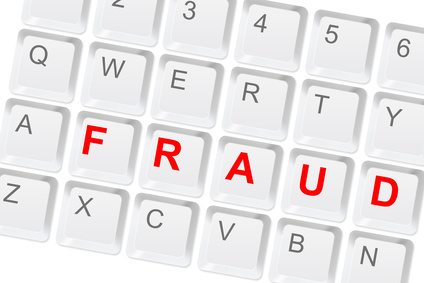Whether it’s a credit card, debit card, or ATM card, no one wants to experience the theft of his or her personal account information. When your account information is stolen it can be frustrating to dispute unauthorized charges and to recover any funds that were used for fraudulent purchases.
However, thanks to the Electronic Funds Transfer Act and the Fair Credit Billing Act you have some powerful protections afforded to you when any such fraudulent transactions do occur. Here is a look at some of the rights afforded to you under these two Federal laws which you will likely need to exercise at least sometime during your adult life.
The Electronic Funds Transfer Act (EFTA)
The EFTA serves the purpose of protecting you in the event that your debit or ATM card or information is stolen and used for fraudulent purchases. When fraudulent debit card charges occur you are only responsible for up to $50, assuming that you report the fraud to your bank right away. If you wait more than two days to report unauthorized charges then your liability jumps all the way up $500.
The downside to the protections afforded to you under the EFTA is the fact that you may have to deal with not having any cash available to you in your own bank account while you are disputing any fraudulent charges.
This can be a big problem if you have a tight budget and are counting on ALL of the funds in your bank account to pay other credit obligations and bills right.
If other transactions occur while you are waiting for the funds to be returned to your bank account then you may also get hit with penalties and overdraft fees from your bank. Unfortunately, you may not be able to convince your bank to refund these fees after the fact, depending upon the situation and your overall account history.
The Fair Credit Billing Act (FCBA)
The FCBA also serves to protect you in the event that unauthorized charges occur; however, this law applies to unauthorized credit card transactions instead of debit or ATM card transactions.
Thankfully for consumers, the protections available under the FCBA are even more substantial than those protections available under the EFTA. You are only liable for fraudulent credit card transactions up to $50, whether or not you report the fraud within 2 days.
All four major credit card networks (VISA, MasterCard, American Express, and Discover) have zero liability policies which means that when credit card theft does occur you will not even have to pay the $50, as long you take the appropriate steps to report the fraudulent charges. The bottom line for both of these statutes is to notify your bank as soon as possible once you discover that you’ve been the victim of fraud.
Getting the Most Out of Your Consumer Protections
It is important to understand that the burden rests squarely upon your shoulders to be proactive when fraudulent credit card or debit card charges occur. Just as Tom Cruise pleads his famous “help me help you” line in Jerry Maguire, the same concept applies to both the EFTA and the FCBA.
If you sit back and do nothing, these laws cannot help you in any way. It is your own responsibility to monitor your accounts for unauthorized charges in the first place.
You certainly do not want to get into the habit of being lazy when it comes to reviewing your account statements. Remember, if you do not discover and report unauthorized charges then your chances of actually recovering those stolen funds will be zero.




